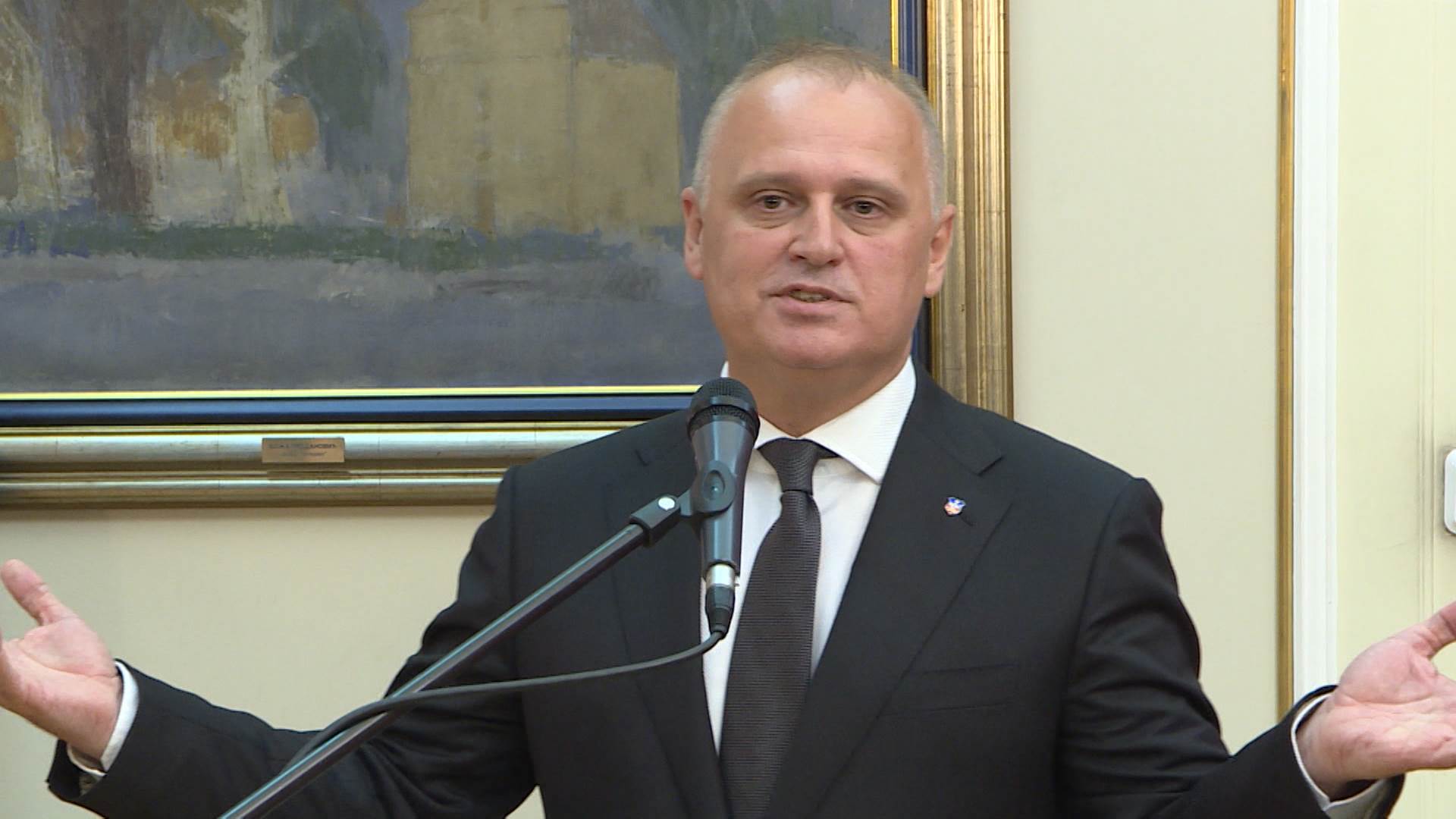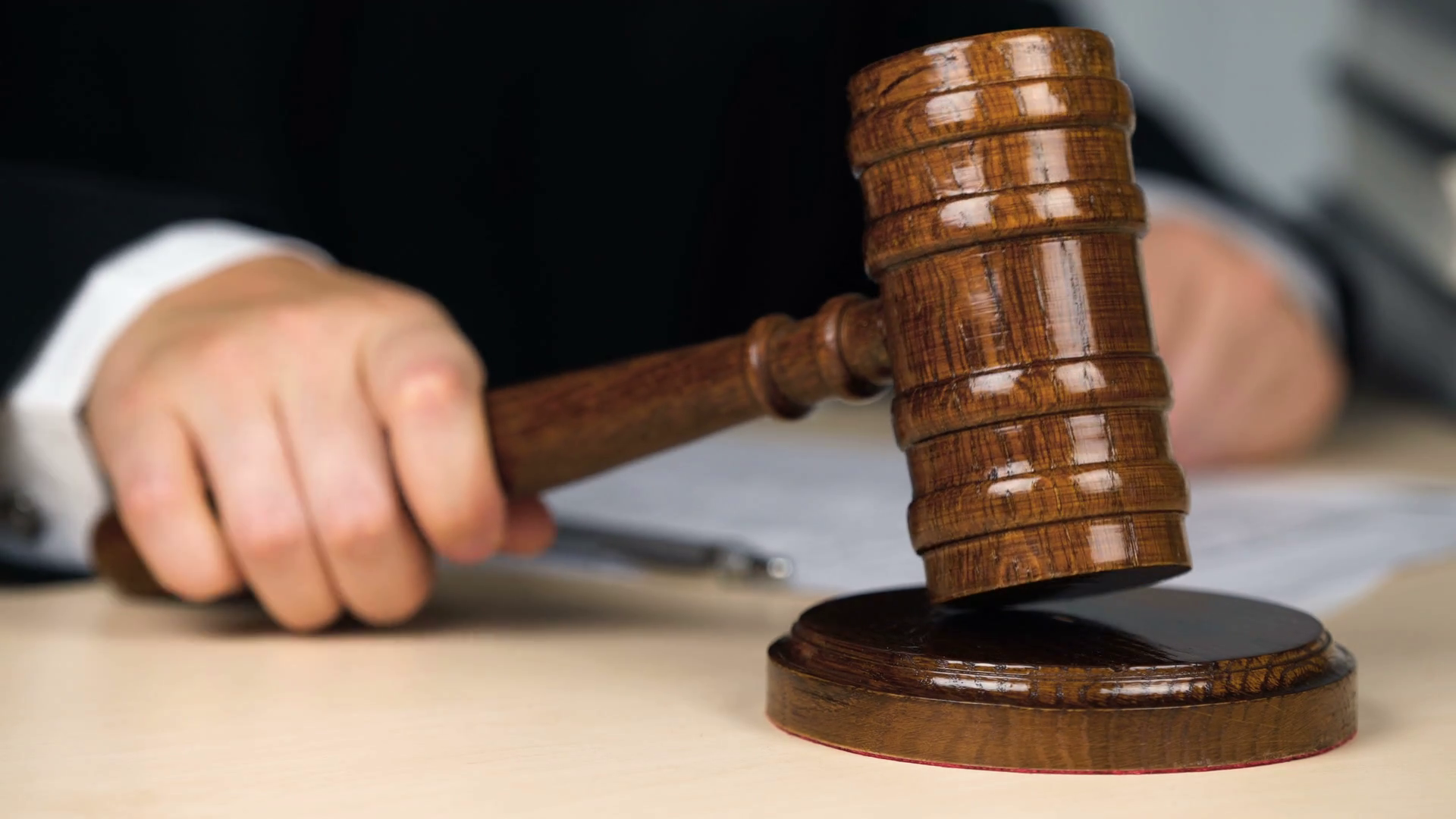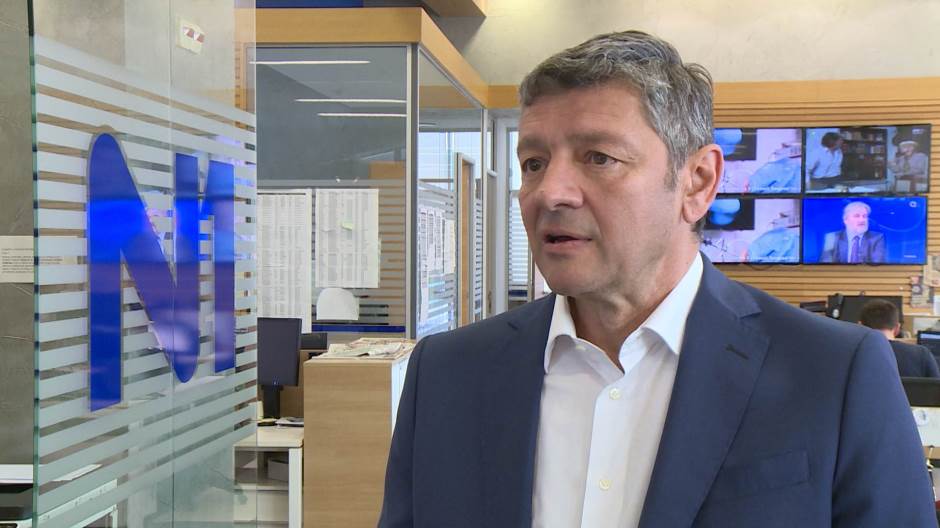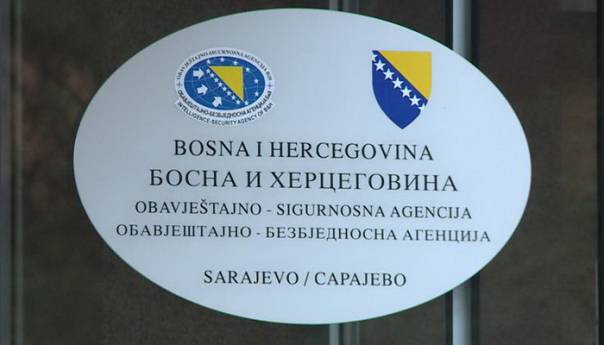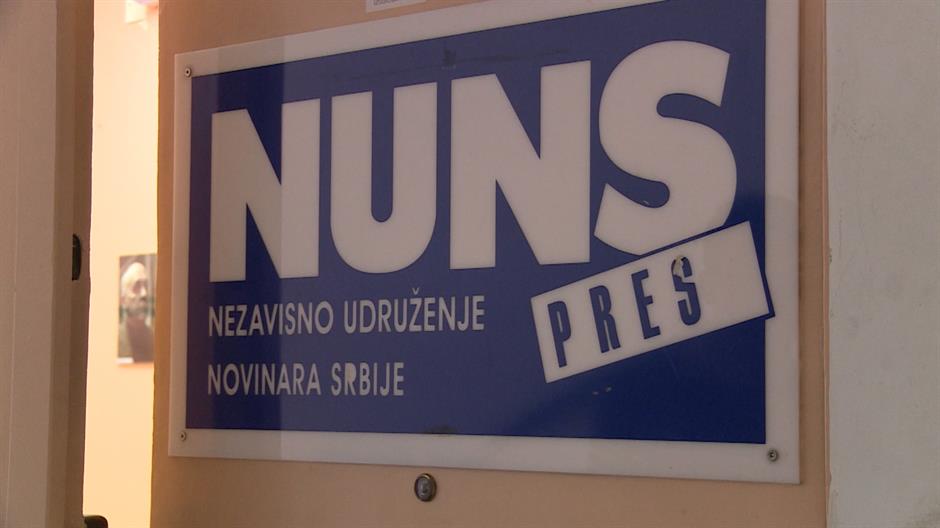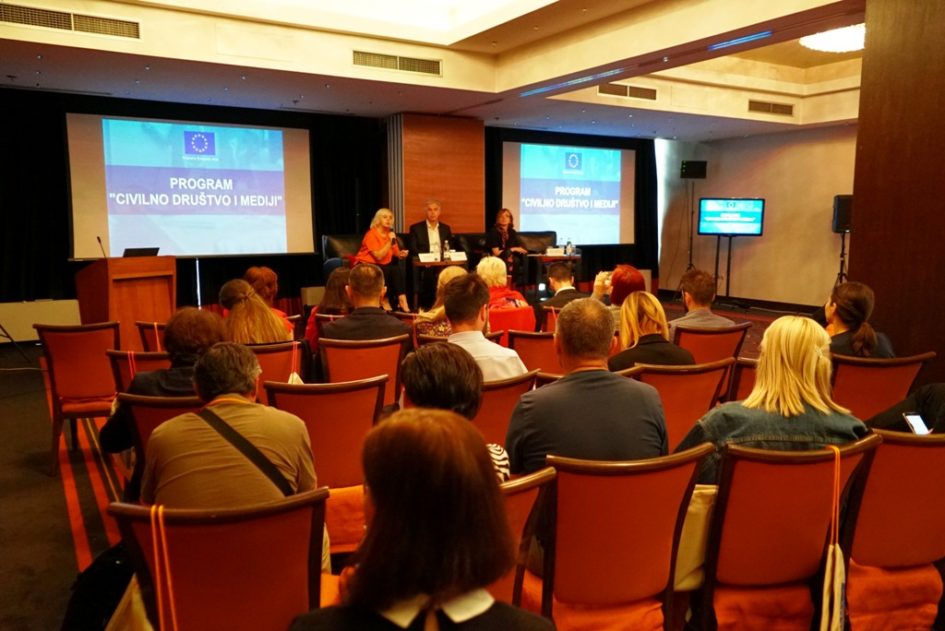SARAJEVO, 28.06.2019. – Although we often hear that media houses should be promoting the authority and unbiased judiciary institutions, I still reckon that it is judiciary institutions that represent themselves in most credible way and that they should additionally be working on improving their own reputation and authority.
Authority, equitability and professionalism cannot be accomplished through media promotion; instead it can be achieved by being truly unbiased and completely professional by all means necessary. Although BiH judiciary system has for years been working on raising the level of applicable standards, including professionalism, effectiveness and equitability, we have witnessed many warnings issued by numerous international organizations outlining that this particular field does require more effort in order to attain and reach the European standard level.
Unfortunately, this occurrence emerged as a result of countless court proceedings and investigations processed against many, highly ranked officers from BiH judiciary institutions and these proceedings sent clear message to everyone that this field did indeed need more effort and significant changes. Hasty dismissals of few of these officers, their compromising, but on the other hand, their returning into judiciary institutions with symbolic financial fines (mostly in terms of reducing their salary amounts) and even their accusations and critics directed to judiciary institutions and highly ranked officials at legislative and governing levels, but also critics directed by international community authorities – seemed more than serious and three have been many scandals and compromising situations that have altogether been shaking and disturbing our judiciary system. These turbulences cannot be tolerated, since they compromised the work of all people working within judiciary institutions, because these people have their professional careers that were founded of completely different values than listed above.
There are many of people that work and do perform their duties and tasks in most honest and unbiased way. Additionally, we often witnessed that any critics directed to the work by judiciary institutions were considered in most dramatic way and were qualified as assaults on judiciary system which was very wrong view in the first place.
Media representatives cannot have the role of blind and mute promoters of unbiased authority of judiciary institutions which is, at least, unacceptable and unprofessional because objectiveness, professionalism, facts and, accordingly, concrete results, display the only measure in order to acquire authority and also, in order to regain disturbed trust and respect.
Naturally, not everything should be considered as black as it seems, since there are various affirmative and positive cases in this field that, to some extent, flow silently in media sources and thus remain unknown and unexposed to general public.
But at the end of the day, their work should include performing their duties in most appropriate way anyway.
Communication between media and judiciary institutions
Generally speaking, how important is communication between media and judiciary institutions, particularly in BiH, a transitional country still struggling with almost all types of required reforms? As experienced journalist with over 20 years of work in this field, I could reply to this question sharply – it is indeed extremely important.
However, our common interests often interfere: journalists often seek immediate information and want more information with more details, while judiciary system is often narrowed to its very strict framework and we often have the opportunity to see favoring or discrimination of particular media house, as far providing the information is concerned. Also, I often find amusing the fact that certain information, for reasons beyond any common sense, are hidden or shadowed, or partially forwarded to media, that is, to general public. These cases prove and confirm that judiciary institutions often display part of global problem only, instead of being part of constructive solution. Mutual and common understating is required for both parties and sides included in this process with primary pretension – public interest in the first place, because the public have the right to know and to be informed.
During my professional work, I often encountered and cooperated with judiciary institutions and this cooperation could be considered as satisfactory: After sending enquiries, short, very brief, limited answer without details included follow and these details are in fact necessary for any kind of serious or objective investigation in journalists’ articles, texts or posts.
On the other hand, sometimes I have to wait for answers and replies for days and then again – I end up with short answers containing barely two or three sentences. They even sometimes refuse to provide answers or to reply at all, completely ignoring journalist’s enquiries, perhaps expecting the “ageing” procedure to commence. This specific approach allows speculations to emerge, including presumptions and finally by placing incorrect and unchecked information for which journalists cannot be held responsible.
These obstructions and lack of understating seem devastating, as far as public informing is concerned, but it also seems devastating as far as jour nalists’ work is concerned, since obstructions demonstrate pure violation of journalists’ rights, which, in developed democracies, cannot be tolerated or even may be subject to certain sanction
“Freedom of hate” always sells well
Regarding this particular context, I would emphasize the following and investigating court proceedings and procedures in relation with war crimes cases, which unfortunately (for BiH public) seems hyper – sensitive issue and these processes always tend to encourage the distending of hate between different ethnic groups.
Unfortunately, right to freedom of expression in BiH is very often misused and is misinterpreted, as is the right to demonstrate wide hate and certain media houses sometimes encourage this specific thesis, because “freedom of hate” (especially when it is founded and based on ethnic premises), almost always wins in BiH and can always be sold for a god price producing benefits. On the other hand, public word, regardless to the “side” it concerns, can also serve as initial spark for eventual and new fire – and we journalists bear great responsibility in the entire process.
The thing that recently presented me with shock, was the conduct by certain judiciary institution officials, in regard with the case of recently murdered David Dragicevic, where public have been deprived of information for this particular case for weeks, although Mr. Slobodan Vaskovic, a journalists from Banjaluka had revealed and released serious accusations against legal and judiciary police institutions that, at some point, appeared even compromising and were directed against highest – ranked officials of the High Judicial and Prosecutorial Council of BiH. This was at least very similar to Dzenan Memic case and the fact that, thousands of people gathered in countless number of public protests seeking information from judiciary institutions and (accordingly) demanding the processing of those responsible for this murder, seemed unbelievable and unthinkable, especially in modern democracy – biased society, but also seemed unbearable in the country that tends to become full member of the European Union.
Media are often referred to as the fourth pillar of the developed and modern democracy and it would be common sense to have both media and judiciary system on the same “side”. In Bosnia and Herzegovina, we still have the society that gradually develops democratic values; society that attempts to fight against corruption occurrences, including powerful political pressures in all fields.
However, the path to progress of our country has no alternative and the cooperation between media and judiciary institutions should have no alternative either; it should have no doubts and limits, as far as the responsibility demonstrated by both sides is concerned, including mutual understanding and cooperation. We should all insist on accomplishing the system – based cooperation between media and judiciary system if we were to obtain, reach and attain advanced, progressive and transparent society, even if it is not the case at present.
This text is a part of the fourth edition of the special serial of BHJ online bulletin E-journalist implemented as part of the following project: Reinforcing Judicial Expertise on Freedom of Expression and the Media in South-East Europe (JUFREX). You can read the entire bulletin HERE.
Vera Soldo, BHN Bulletin E-journalist, Sarajevo


